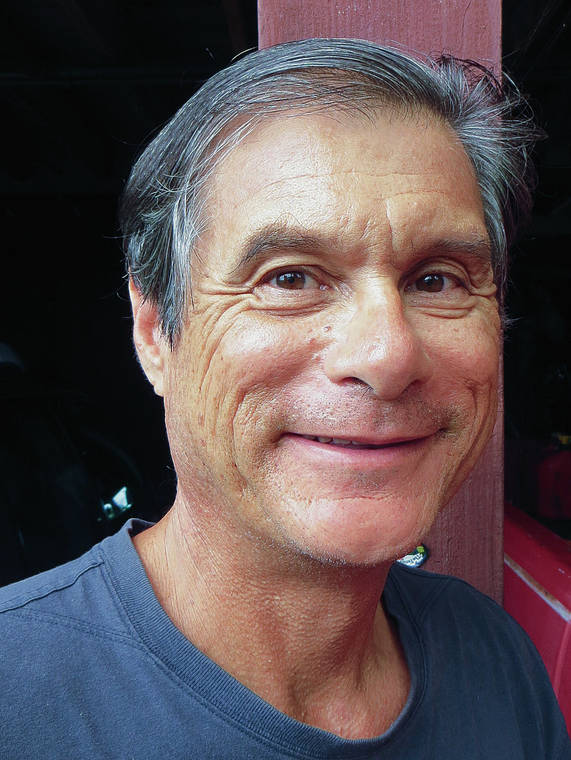State lawmakers and hundreds of individuals questioned the intentions of longtime Board of Land and Natural Resources member Christopher Yuen ahead of
a vote that could extend his term.
The Senate Committee on Water and Land was scheduled to decide Wednesday if it would recommend that Yuen continue serving on the board through June 2022, but the committee
deferred making a decision until Monday.
In May, hundreds of testimonies from the public and several organizations opposed Yuen serving on BLNR. They criticized his decisions on some high-profile projects, including support for the Thirty Meter Telescope on the Big Island, the Na Pua Makani wind farm in Kahuku and the
diversion of water from streams in East Maui for
irrigation.
Despite public opposition, Yuen voted to proceed with the projects, which led to testimonies accusing Yuen of being more interested in “big business” than the communities that would be affected by the projects.
The Sierra Club of Hawaii, which submitted testimony in May, said again after Wednesday’s hearing that Yuen has not considered community input.
“(Wednesday’s) hearing reaffirmed Mr. Yuen’s belief that it is acceptable behavior to consistently favor commercial interests over community members, cultural practitioners, and the natural resources that board members are obligated to protect,” Marti Townsend, director of the Sierra Club, said in a statement.
During the hearing, the water and land committee also challenged the decisions that Yuen, who has served on the seven-member board for 14 years, has made on those and other projects.
Sen. Gil Riviere (D, Heeia-
Laie-Waialua) questioned Yuen’s motion to allow more water to be diverted from East Maui streams to irrigate the 33,000 acres of public land being used by Alexander and Baldwin and East Maui Irrigation.
Sen. Kurt Fevella (R, Ewa Beach-Iroquois Point) brought up a drainage
project in Ewa Beach that opponents argued would contaminate waters where limu grow and possibly harm those who pick it.
Yuen denied that his support for projects is based on personal gain and said that BLNR has made decisions in favor of public opinion, but he told the Honolulu Star- Advertiser that public opinion does not always decide the outcome of a project.
“You can’t make these
decisions entirely based on public opinion,” he said. “When you make a group happy, they’re happy. They go home. … And when you do something against what people want, they’re upset, and you hear about it later.”
Riviere — whose district includes Kahuku residents fighting recently installed wind turbines — placed more importance on public opinion.
“At what point do you say, ‘OK, well we’re going to respect the host community?’” he said. “That’s where I have the disconnect.”
Sen. Kai Kahele (D, Hilo) also challenged Yuen after pointing out discrepancies in BLNR meeting minutes compared to audio recordings of the meetings. Yuen said he volunteered to document the minutes for four or five meetings, which Kahele said led to misinformed decisions made by other board members.
“I have a major concern with any board member doing the minutes. I have a major concern when the board minutes do not reflect what we just heard in the audio,” he said. “It calls into question all the minutes of the BLNR.”
Yuen, who was born in Hilo and owns a 20-acre
organic farm, also has received support for his confirmation. Organizations like the Hawaii Farm Bureau, the Conservation Council for Hawaii and the Nature Conservancy of Hawaii submitted testimony highlighting Yuen’s qualifications.
“Mr. Yuen will continue to bring a valuable perspective to natural resource management, law, and conservation. He is well versed regarding land use (and) will undoubtedly continue to provide positive leadership to the Board of Land and Natural Resources,” Brian Miyamoto, the farm bureau’s executive director, said in his testimony.
The Nature Conservancy of Hawaii said Yuen “demonstrated his deep knowledge of and commitment to Hawaii’s people and the natural and cultural resources that support us all,” referring to work Yuen did in the 1990s and 2000s.

